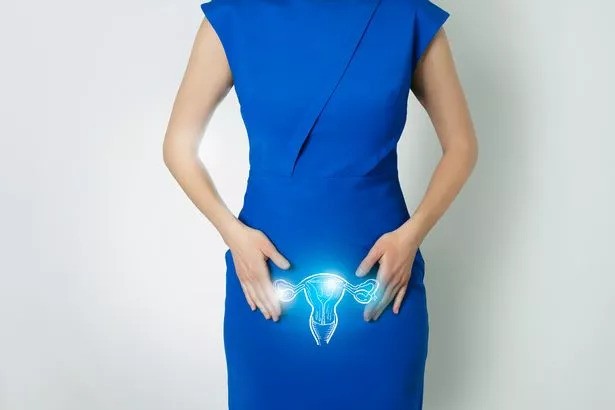The uterus plays a critical role in conception, implantation, and maintaining a pregnancy. Various uterine conditions can interfere with these processes, making it challenging to achieve and sustain pregnancy. Here’s an overview of how different uterine issues can affect fertility:
Chronic Endometritis
Chronic endometritis is a persistent inflammation of the uterine lining, often caused by infections. This inflammation can create an unfavorable environment for embryo implantation, increasing the likelihood of recurrent miscarriages. Treatment generally involves antibiotics to clear the infection and restore a healthy uterine environment.
Thin Endometrium
A thin endometrium refers to insufficient thickness of the uterine lining, which can hinder embryo implantation and successful pregnancy establishment. Conditions like prior uterine surgeries can contribute to a thin endometrium. Treatments such as hormonal therapy or endometrial scratching might be used to improve the thickness of the endometrium and enhance fertility prospects.
Uterine Anomalies
Congenital uterine anomalies include conditions such as a septate uterus (where the uterine cavity is divided by a partition), a bicornuate uterus (a uterus with two horns), or a unicornuate uterus (a uterus with only one horn). These structural abnormalities can affect the uterus’s shape and function, leading to issues such as recurrent miscarriages, preterm labor, and difficulties with fertility.
Asherman’s Syndrome
Asherman’s Syndrome is characterized by the formation of scar tissue within the uterus, often following a cesarean section or other uterine surgeries. This scar tissue, or uterine synechiae, can partially or fully block the uterine cavity, hindering embryo implantation and increasing the risk of recurrent miscarriages. Surgical removal of the scar tissue is often required, followed by appropriate fertility treatments.
Endometriosis
Endometriosis involves the presence of endometrial tissue outside the uterus, leading to inflammation, scarring, and adhesions in the pelvic area. These changes can affect the uterus and fallopian tubes, disrupting egg release, fertilization, and embryo implantation, which can contribute to infertility.
Uterine Polyps
Uterine polyps are growths on the endometrial lining of the uterus. These polyps can interfere with embryo implantation by altering the conditions within the uterus. Additionally, if pregnancy does occur, uterine polyps may increase the risk of miscarriage.
Uterine Fibroids
Uterine fibroids are benign tumors in the uterine wall that can impact blood flow to the uterus. This can disrupt the implantation process and lead to recurrent miscarriages. The presence and size of fibroids can vary, and their management may be necessary to improve fertility outcomes.
Conclusion
Uterine conditions can significantly affect fertility by disrupting key aspects of the reproductive process, including ovulation, fertilization, and implantation. Early diagnosis and appropriate treatment of uterine issues are vital for improving fertility and achieving successful pregnancies.
Always consult with your healthcare provider before making significant dietary changes or pursuing treatments for fertility issues. They can offer personalized advice based on your individual medical history and current health status.
Note: If you have any health-related concerns, please call us at +91-9058577992 for a free consultation with our experienced doctors. Thank you.

